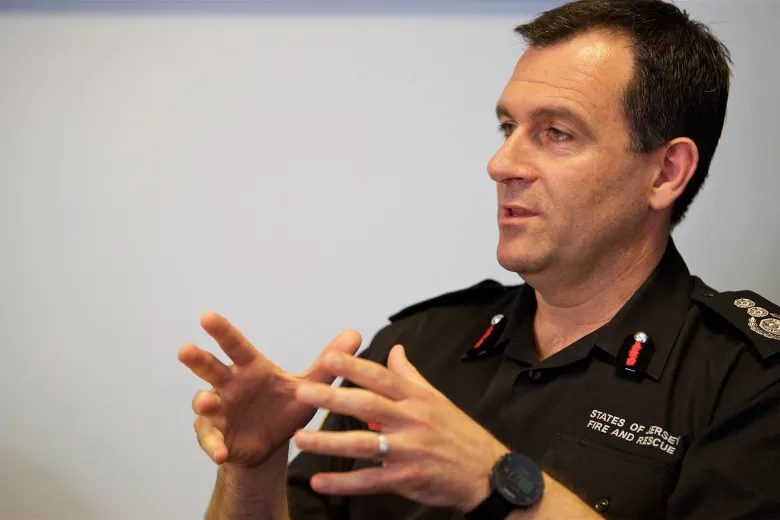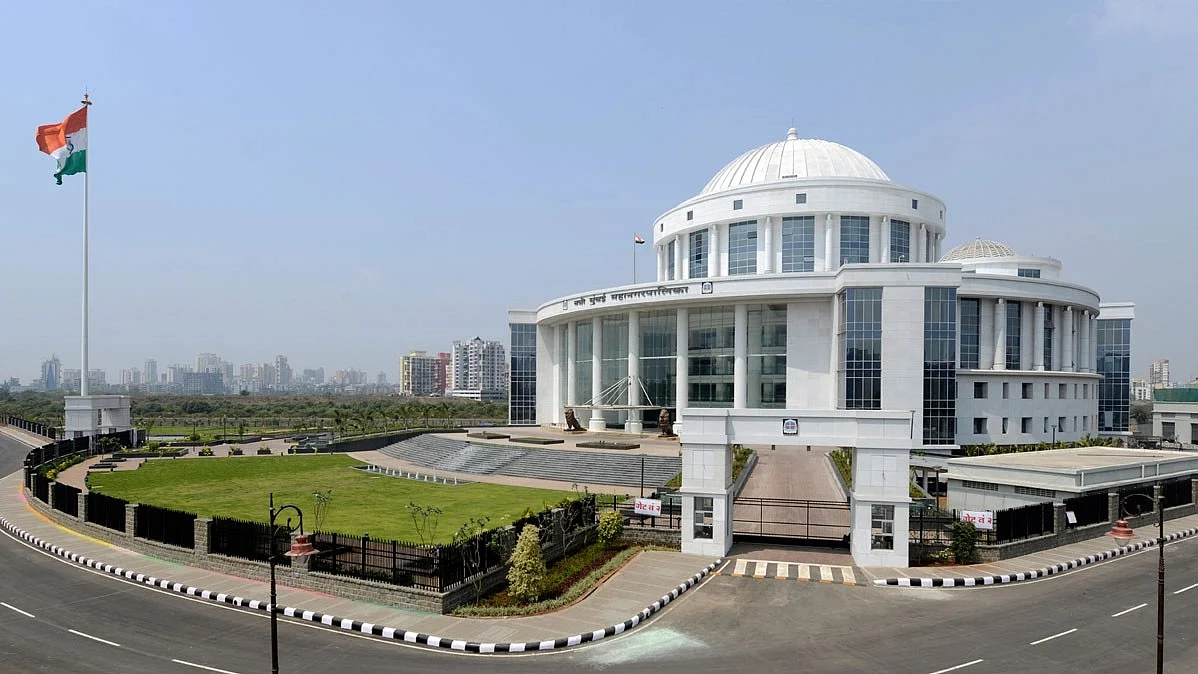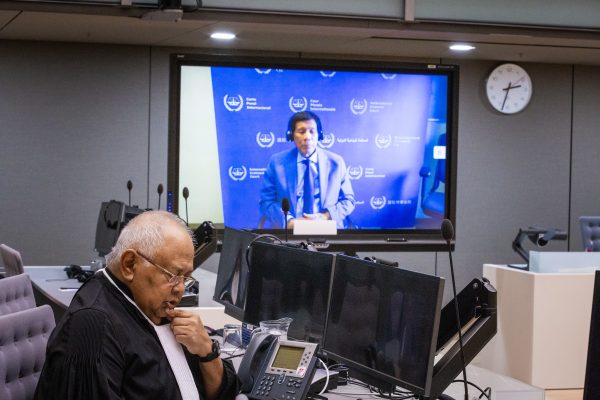Copyright jerseyeveningpost

FIREFIGHTERS do not currently have enough protective equipment to safely carry out their work, senior officers have warned – but a £400,000 cash boost in the Budget is designed to ensure international standards are met. Chief Fire Officer Paul Brown said the World Health Organisation had recently reclassified firefighting as a carcinogenic occupation – meaning that the Island’s current stock of protective clothing is inadequate. During a Children, Education and Home Affairs Scrutiny Panel hearing, he said: “We do not have enough PPE to provide two sets that fit properly for all our firefighters.” Mr Brown said it was “absolutely vital” that every firefighter has at least two full sets of kit. He added: “We hear a lot about PPE, and PPE is a topic that got talked about a lot during the pandemic, didn’t it? “It’s absolutely vital and you need more than one piece of kit per person, because, of course, as soon as it’s contaminated, it needs to go through a decontamination process, but the firefighter needs to be decontaminated as well, and then they need to go about their business and respond to the next fire so and potentially get contaminated again. “We’re not in that situation at the moment. We do not have enough PPE now to provide two sets of PPE that fit properly for all kind of firefighters. That’s what this is an attempt to is an attempt at starting to do.” The 2026 Budget, due to be debated in December, includes £413,000 to strengthen the “capacity and resilience” of the Fire and Rescue Service – rising to £1.3 million over the following three years. Part of the funding will be used for new digital tools to support frontline crews, including a mobile data system that provides firefighters with important information on their way to an emergency – a change first recommended after the Grenfell Tower disaster in the UK. The money will also fund improved software to help the service manage its community fire-safety work, including prevention programmes, inspections and education. Funding will further create four new controller posts and one management role in the Emergency Services Control Centre, which handles all 999 calls. The hearing heard that this would improve operational capacity, while a review is carried out to assess whether the fire and ambulance control functions should be separated. Elsewhere in the hearing, the panel heard that plans for a joint Fire and Ambulance headquarters have been abandoned. The two facilities will now be developed as separate projects under the government’s Investing in Jersey capital programme. The revised cost is expected to exceed £24 million, with construction unlikely to begin before 2029.



